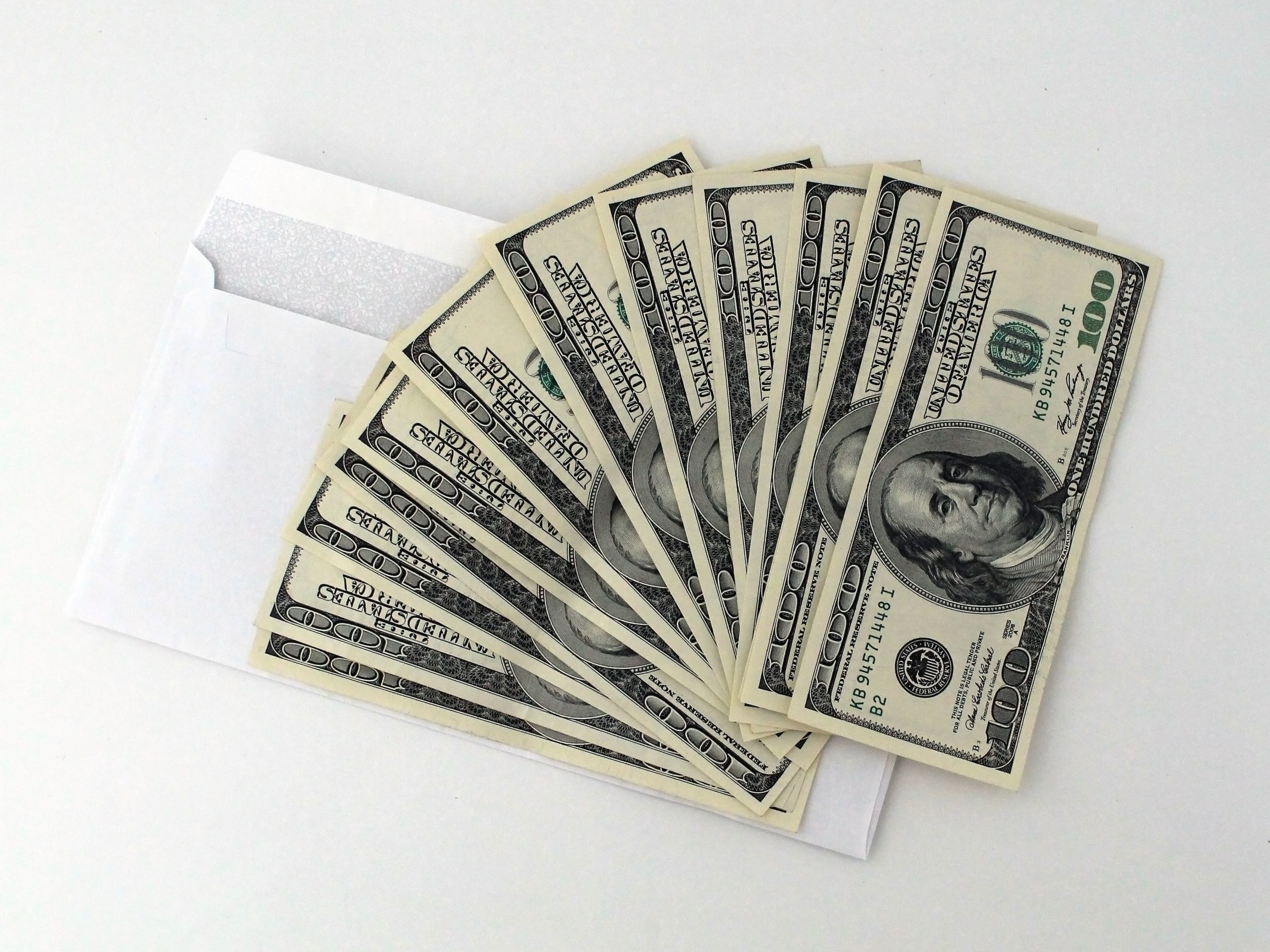Businesses are turning to sweepstakes contests to generate new leads and retain existing customers. Over the years, such promotional efforts have proven to attract customers in virtually every industry. Companies that create these promotions for United States and Canada residents must be sure to follow applicable state, federal, and even “provincial” laws. Sweepstakes guidelines vary depending on the location of the participants, as well as the territory within which the promotion is sponsored. When confronted with various laws, including a foreign entity’s regulations, it is extremely important that the sweepstakes sponsor gets it right, or else risk significant regulatory action. The best way to ensure such compliance is to work with an experienced sweepstakes attorney from the outset.
Sweepstakes Guidelines in Canada: Game of Skill or Chance
As mentioned above, sweepstakes guidelines vary depending on jurisdiction. One significant difference concerns the way winners are selected. In the U.S., sweepstakes winners are chosen at random or by number match (in a game of chance), while contest winners are chosen based on skill (in a game of skill). In Canada, however, games of pure chance are considered illegal lotteries under Canada’s Criminal Code. Illegal lotteries include pure sweepstakes promotions that have winners chosen solely at random from a pool of participants. As a work-around, an additional basic skill-testing question for Canadian winners is required to ensure that sweepstakes promotions comply with Canadian law. This post-sweepstakes drawing skill-based question is a crucial requirement that demands close attention.
Quebec’s Sweepstakes Guidelines: What You Need to Know
Most regulations that govern sweepstakes place restrictions on the way promotions are run. The Province of Quebec actually scaled back its rules by exempting international contests from some of its rigid requirements. According to the newly revised regulations, the law’s provisions, “[do] not apply to a publicity contest in which the prizes are offered to a group of contestants including contestants from outside of Canada, even if the group also includes contestants from Québec . . . .” The upshot of this change is that, under certain circumstances, U.S. sweepstakes sponsors are exempt from having to: 1) register their promotions in Quebec; 2) translate contest rules into French; and 3) include a provision in the contest rules that sweepstakes promotion-related claims must be submitted to the Regie des alcools, des course et des jeux for a ruling. This is a welcomed change for U.S.-based sweepstakes promoters that want to run promotions that are eligible for entry by residents of the Province of Quebec.
What Sweepstakes Guidelines Must be Followed?
The easy answer is: all applicable rules that apply to you. Companies must determine which state, federal, and possibly, international, sweepstakes guidelines to follow. These rules govern many aspects of a sweepstakes promotion, including: 1) means of entry, including a free alternative means (“AMOE”); 2) eligibility to enter; 3) number and identification of prize(s); 4) disclaimers; and 5) consumer data privacy laws, among other things. Failure to conduct a compliant sweepstakes could land your company in hot water. The Federal Trade Commission, as well as state and foreign regulators, will not hesitate to pursue sponsors that fail to comply with sweepstakes guidelines.
How to Ensure Compliance with Sweepstakes Guidelines
When crafting a sweepstakes promotion, it is crucial that you determine which laws apply to your game. One of the most important items to consider in the planning stages is an alternative, free means of entry. Contest sponsors also need to ensure that the AMOE sweepstakes entry procedure is relatively simple and afforded equal dignity. Attorneys with extensive experience in the sweepstakes and gaming industry are able to help promotion sponsors sort through the nuanced and complicated regulatory landscape.
If you are interested in learning more about this topic or pursuing a sweepstakes-related venture, please e-mail us at info@kleinmoynihan.com or call us at (212) 246-0900.
The material contained herein is provided for informational purposes only and is not legal advice, nor is it a substitute for obtaining legal advice from an attorney. Each situation is unique, and you should not act or rely on any information contained herein without seeking the advice of an experienced attorney.
Attorney Advertising
Related Blog Posts:
Sweepstakes Law: A Primer On How To Run Compliant Promotions
The Sweepstakes AMOE In A Nutshell
California Court Sides With Coinbase In Sweepstakes AMOE Action




